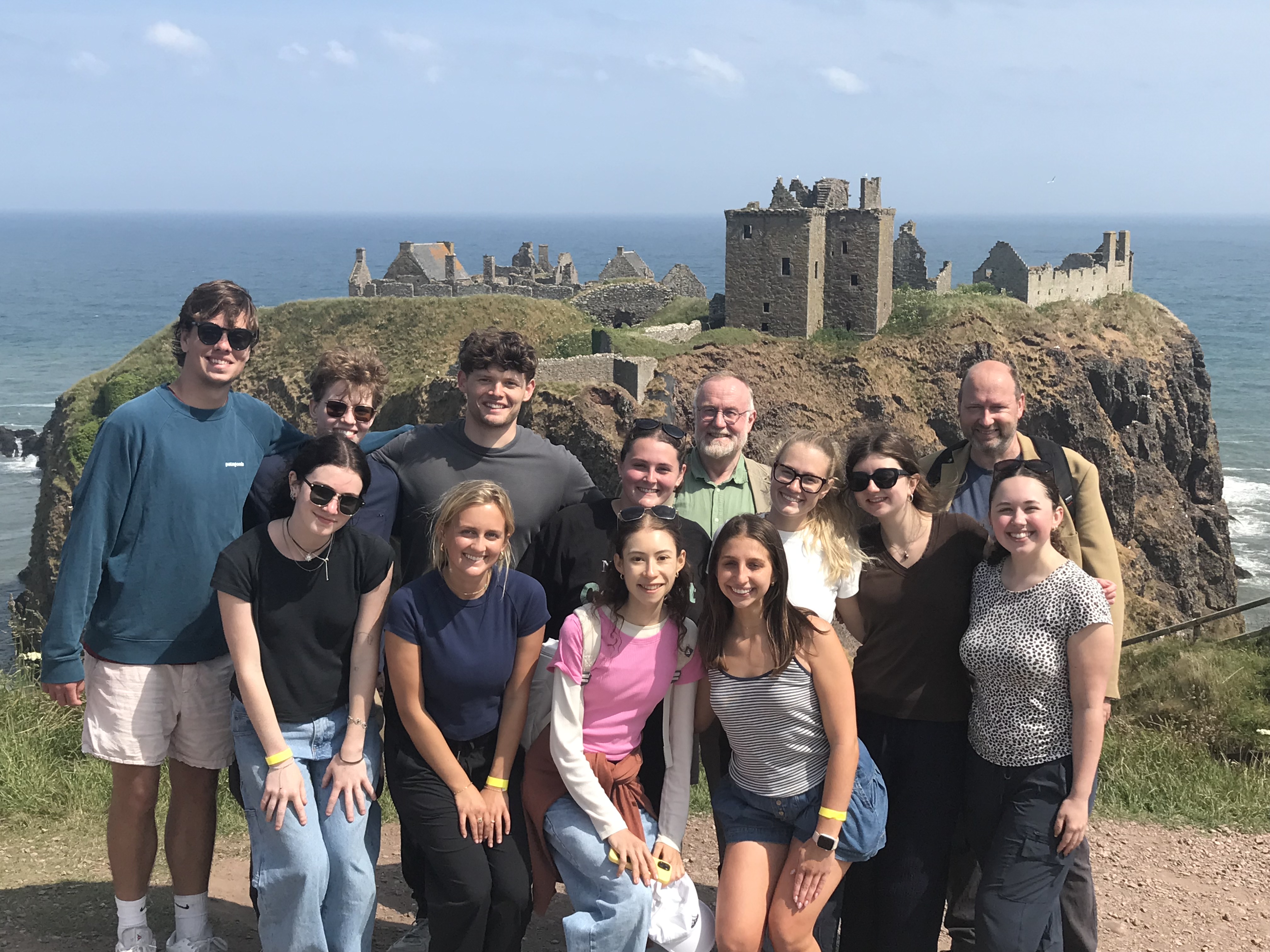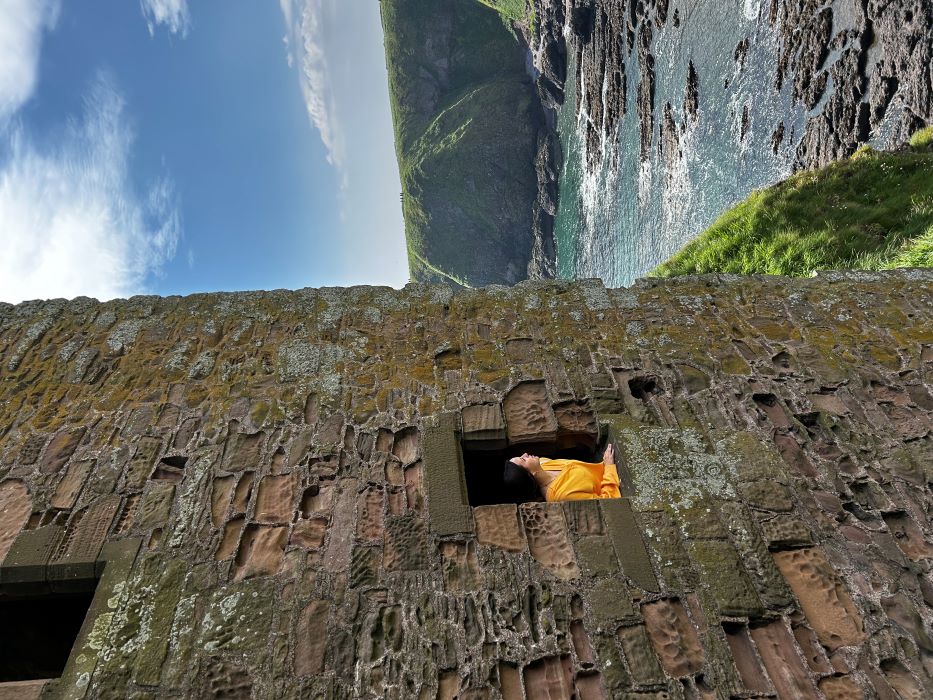Scotland's History: Kingdom, Nation, People
Applications for this course are now open. The deadline to submit an application is Tuesday 31 March 2026 (23:59pm UK time).
6 June - 28 June 2026
Step into Scotland’s history and culture this summer, and experience a land where heritage, tradition, and identity come alive.
What does it take for a nation to leave a lasting mark on history? Scotland, small in size but rich in heritage, tells a compelling story of identity, resilience, and transformation. From its emergence as a distinct kingdom in medieval Europe to its evolving role within the United Kingdom, Scotland’s past is both complex and dynamic. This course offers an in-depth exploration of the pivotal moments and themes that have shaped Scotland’s national identity. Students will gain a vivid understanding of how Scotland's identity, cultural narratives, and political power have been built, contested, and transformed across centuries.
Beyond the classroom, students will embark on a series of immersive experiences, exploring castles, museums, and historic landscapes that bring Scotland’s history to life. You’ll encounter artefacts, architecture, and archives that tell the story of the nation, while also engaging with its living culture through traditions and local stories that have shaped Scottish identity.
In previous years, fieldtrips have included Dunnottar Castle (pictured), Falkland Palace, Lindores Abbey, the Black Watch Museum and Perth Museum (current home of the Stone of Destiny) in Perth, and the National Museum in Edinburgh.
This course is ideal for students interested in Scotland’s history, cultural identity, and global context, and perfect for those seeking a culturally immersive program that fosters a deep connection with the country’s heritage, traditions, and stories. Whether you're fascinated by the past or eager to experience Scottish life firsthand, you'll combine learning, adventure, and cultural discovery in an unforgettable summer.
My favourite part was the cultural immersion as the programme made every effort to introduce us to the beauty of Scotland. Dunnottar Castle was one of the most breathtaking places I’ve been to and definitely the highlight of my trip.
Titus - Scotland's History: Kingdom, Nation, People
Read more from students who have shared their St Andrews Summer Study experiences on our blog!



